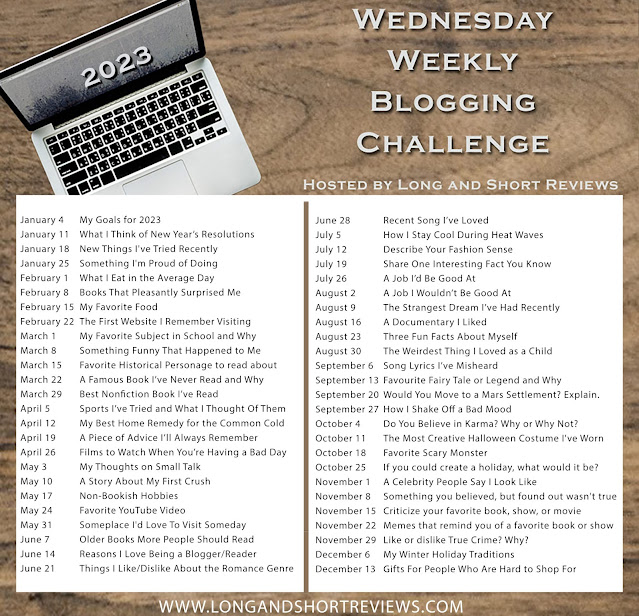Every month if you have Kindle Unlimited, you get to pick a free book. Usually, all the picks are for chicks, or have something to do with WWII. This one was a rare exception. Fireballer by Mark Stevens. Available on Unlimited.
It's about baseball. I have a few gripes with the great American pastime, namely the pitching. There is nothing that irks me more than when a pitcher gets a 0-2 count, he then purposely throws out of the strike zone to get the batter to chase a bad ball. The count goes 3-2 and afraid to throw a good pitch walks the guy, or the batter starts hitting foul balls and it becomes a one-man rain delay. It makes the game boring.
Frank Ryder is a game changer for baseball. He throws nothing but strikes, and nobody can hit off him. He consistently throws 105 to 110mph.
By the time the batter sees the pitch and the brain says swing, it's already in the catcher's mit. One guy hits a home run off him, and when he watches the replay, the guy swung at the pitch before it left his hand. Lucky swing.
This is of great concern to the league. The player's union is worried because most of the members are batters, and this guy is ruining their stats.
The owners and commissioner are afraid that the upcoming pitchers will get just as good, and the sport will be ruined. Nobody is going to go the game if there's no hitting. The deck is already stacked against them. Name any other sport where failing 7 times out of 1o, and you're a great player?
They want to change the rules so that a pitch over 105 is counted as a ball or move the pitching mound back from 60 feet to 75.
The Orioles owner, looking at having the first chance at a World Series in decades, wants to make Ryder only pitch three innings a game, but play every other day. He gets them a lead and lets the other pitcher's finish. He plays more often, and they'll win more games this way. Frank wants complete games and says no.
Frank has problems of his own. In little league when he's start unleashing his power, he hits a boy in the head and the boy dies.
His parents' home school him and don't let him play baseball afraid of the town's reaction. They move to Denver from Georgia, and let the two boys, Frank has a twin brother, go to public school, but not play ball.
While watching in the stands behind center field Frank catches a home run ball and throws it back to the catcher on a rope.
The coach talks the parents into letting him play again. He becomes a phenom, goes on to college, improves his game, gets national notoriety and drafted first pick by the Orioles.
In three months, he's won every game rarely allowing the other team to score.
While he's pitching, he sees the ghost of the boy he killed and has to put him out of his mind. After games the reporters keep wanting to psychoanalyze him by bringing up the dead boy. He refuses to answer their questions leading to a feeding frenzy over it.
Then comes the day, the best batter on the team is hit on the wrist and is out for the season. When the other team's best batter comes to bat there's the unspoken rule of retaliation.
Pressure is put on him to hit the other batter. He refuses. On the mound everyone is expecting him to retaliate. He plans on throwing a regular ball, but at the moment of release his arm doesn't respond. He hits the batter in the ribs at 109mph. The man drops like a stone and doesn't move.
The dugouts erupt, he's protected by his teammates, but as he truthfully tells everyone that he didn't intend to hit the guy, no one believes him, because that's what they always say afterwards.
He's suspended for three games, the batter has three broken ribs is out for the season, and may never play again, but no internal organs were injured.
Ryder goes mental. His pitches start going wild. They get experts and psychologists to work with him, but he can't pitch with control. The suspension helps them hide the "yips," but they can't let him pitch and let the world know he has them. They fake a blister injury to the media as a reason for him not to play in the all-star game. They don't buy it.
Frank has to learn how to get control again and get his head right.
This is the best book about baseball I've ever read or any of the movies about it I've ever seen.
There are lots of references to past players and situations giving the reader context.
It's a part of baseball that is never talked about or shown. The human aspect and trying to navigate all the politics, the grind of a 160-game season half of them on the road. How to maintain a relationship with all the stress and women throwing themselves at him. Trying to remain sane in all the madness.
Through it all you find the dehumanizing of the players, and the fight to remain human.




.jpg)


